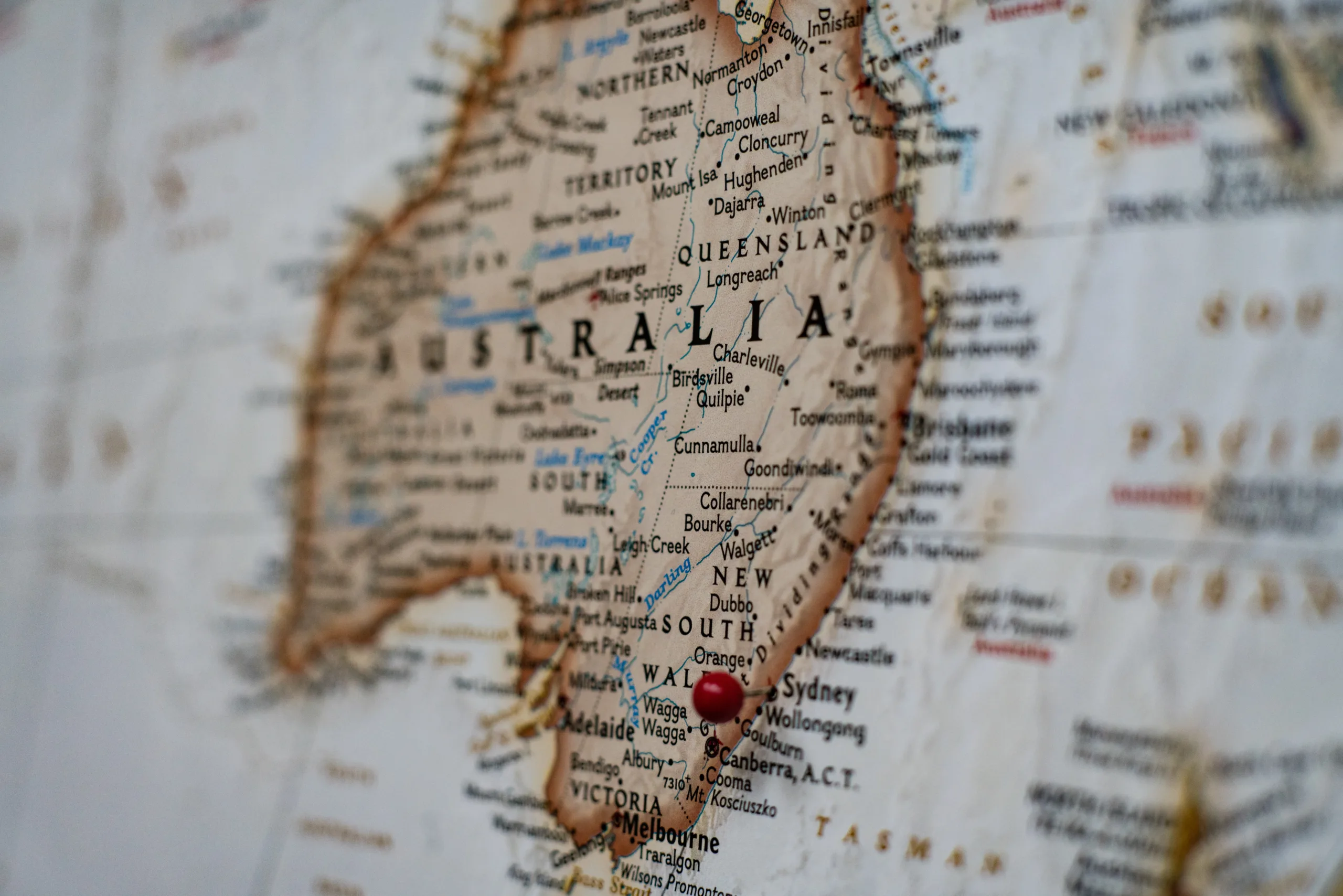In one of Australia’s largest cities, smoking and vaping are prohibited in several public spaces, and violators face steep fines.

In Perth, smoking and vaping have been outlawed in some public places, with fines levied on violators as a result of mounting worries about the explosive growth of e-cigarettes and young users.
Vaping has become increasingly popular in recent months, particularly among teens, with numbers among those aged 16 to 24 doubling in just one year.
To fulfil their public health plan, Perth council members have authorised five smoke-free zones in North Perth, Mount Hawthorn, and Leederville.
Angove and Fitzgerald streets in North Perth, Scarborough Beach Road in Mt. Hawthorn, and Oxford Street in Leederville are among the major streets affected by the restriction.
The $200 fine for smoking or vaping in these places is effective immediately, but it won’t be enforced for the first six months of the prohibition.
Emma Cole, mayor of the City of Vincent Council, expects that the ban will motivate people to break their habits and lessen exposure to tobacco smoke in the neighbourhood.
We think that by promoting cessation, lowering relapse rates for individuals who are trying to quit, and preventing young people from acquiring the habit—including vaping—we can help people quit smoking.
The smoke-free locations will have no smoking and no vaping signage since the country’s vaping rates are rising, especially among younger people.
The city is adopting the same policy as Melbourne, which currently prohibits smoking and vaping in 13 outdoor places.
The Town Hall, libraries, and community sports facilities are among the council-owned buildings that Melbourne City Council is looking into expanding the smoke-free zones to include.
It follows the introduction of new legislation in New Zealand that forbids young people from ever purchasing cigarettes as part of an ongoing effort to make the country of five million people smoke-free.
Under the drastic new laws proposed by Prime Minister Jacinda Ardern, children under the age of 14 will never be permitted to purchase cigarettes in their lifetimes.
In its draught smoking plan for the years 2022–2030, Australia made a suggestion that it might outlaw the selling of cigarettes to specific age groups by 2030.
The plan urges Australia to think about raising the country’s current minimum tobacco purchase age of 18.
Once the draught strategy has completed the consultation phase and has been made public, state governments will be in charge of implementing any new policies.
The upcoming age-related, lifetime ban on smoking in New Zealand solely pertains to cigarettes; vaping is not included.
Author of the book Stop Smoking, Start Vaping and Australian expert Dr. Colin Mendelsohn claims that New Zealand has successfully promoted vaping as an alternative to smoking.
According to him, the shift in mindset has also been accompanied by a sharp drop in the number of smokers.
More children are vaping, he acknowledged. “But they don’t eventually start smoking.” Smoking is what will put them to death. It is not to have vaped for a while. Vaping is not a gateway to smoking, even though we don’t want kids to do it. Actually, it’s a route out.
He reaffirmed the need for fresh, creative strategies to combat smoking.
The fact that smoking rates aren’t decreasing further indicates that typical tobacco control measures are insufficient, he claimed.
But Dr. Kerry Chant, the chief medical officer of New South Wales, has declared war on e-cigarettes in her state, claiming that too many young people mistakenly think that they are “flavoured water.”
She claimed that they contained dangerous substances that may cause the smoker to suffer fatal harm.
Even while they don’t contain nicotine, she cautioned, vapes can still contain a variety of toxic substances.
Although the long-term effects of vaping are mostly unclear, we do know that they can be detrimental to your health in the short term.
She pleaded with young people to cease vaping and warned that the practise might threaten decades of tobacco control efforts in Australia.
The ideas come as new research reveals that the majority of Australians support a complete ban on the sale of cigarettes, with only 16.1% of respondents saying that it would be “a negative thing.”
A phase-out was backed by more than half, or 50.8%, and a resounding 61.8% of respondents stated it should take place within the next ten years.
75.3 percent of respondents to the Cancer Council’s national survey favoured stronger licencing requirements for stores.
Regardless of any prohibition, says Dr. Sarah White, director of Quit Victoria, fewer stores will offer cigarettes.
The market might reach a point when stores decide to give away their inventory since “there aren’t enough people buying these things, it costs me a lot to maintain it beneath my counter,” she said.
I’ve spoken with a number of retailers who claim they’re unsure of whether they want to continue in the industry because it’s not particularly lucrative for them.
Australian cigarettes are among the priciest in the world; a regular 25-pack of Marlboro costs $48.95.
A pack a day smoker will spend around $18,000 a year to support their habit.
As a result, organised criminal syndicates have increased their supply of inexpensive tobacco on the black market in Australia.
Ref: https://www.dailymail.co.uk/news/article-11455393/One-Australias-biggest-cities-BANS-vaping-smoking-public-areas.html
If you are having any of the issues mentioned in this article, please reach out to us, and we will do our best to assist you.


